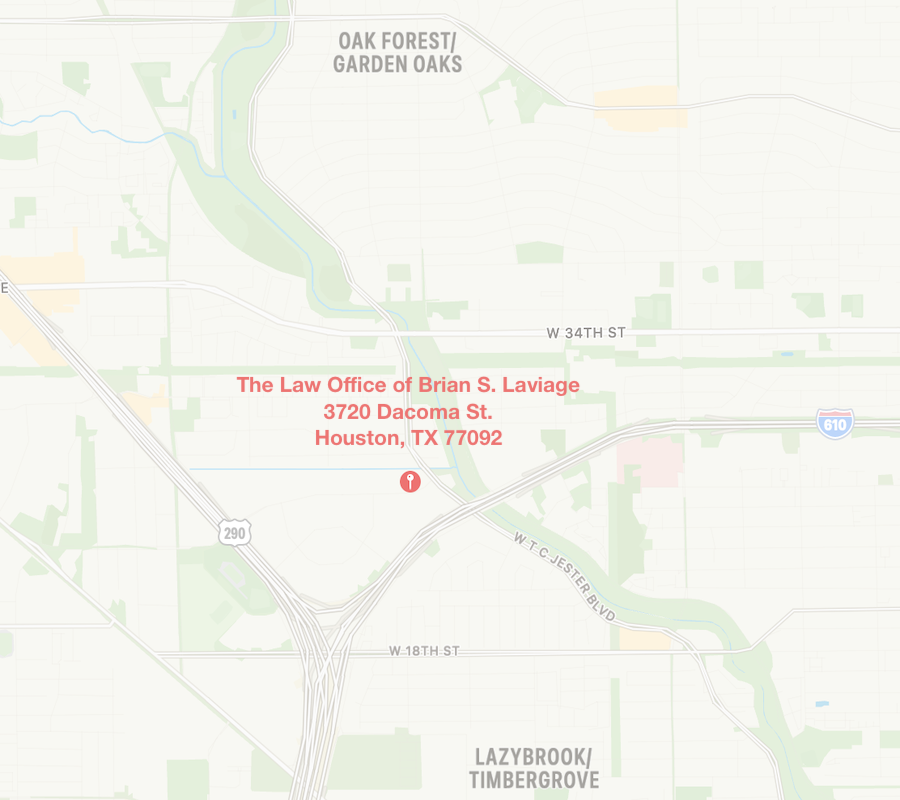
What Should Your Teen Do If They Get Pulled Over?
Wednesday, Jul 31, 2019 by Brian Laviage
As a teen, getting pulled over for any reason by law enforcement can be stressful and scary – especially if he or she is fairly new to driving. In fact, according to a 2018 report by the Bureau of Justice Statistics, nearly 10 percent of all traffic stops in the U.S. in 2015 involves a teen driver under the age of 18.
Whether it’s for speeding, talking on the phone or texting while driving, or for suspicion of driving under the influence, it’s vital for your teen to understand how to react to being pulled over by a police officer. It’s likely to happen, so review these 10 simple rules with your teen driver:
1 – Turn on the hazard lights
When being pulled over, your teen driver should immediately turn of their hazard lights to signal to the police officer that they have seen their emergency lights. This also lets other drivers know that your teen will be moving to the side of the road.
2 – Find a safe place to slowly pull over
After turning their hazards on, your teen driver should find a place to pull over that’s safe for them as well as the officer to park.
Let them know that it’s okay to exit a busy highway, pull into a well-lit parking lot or keep driving until they find a shoulder with plenty of room for two cars to safely park.
If they feel unsafe for any reason, make sure your teen is comfortable with asking the officer if it’s okay to move to a different location.
3 – Be cautious regarding unmarked vehicles
If your teen is pulled over by an unmarked vehicle, let them know it’s perfectly fine to question their validity. They can call 911 to verify that the car pulling them over is an on-duty police officer, ask to see the officer’s badge before rolling down their window and request an additional officer to be present.
If the situation appears to be unsafe, your teen needs to dial 911 immediately.
4 – Roll down the window and turn off the car
After parking, your teen driver should immediately turn off the car and roll down the window to signal to the officer that they will not try to drive away when the officer leaves their vehicle.
If it’s dark outside, your teen should turn on the car’s dome light so the officer can see inside the vehicle.
5 – Follow the officer’s instructions
After turning off the car, tell your teen to always leave their hands on the steering wheel until they are asked to hand over their driver’s license and insurance information. They should always tell the officer where this information is located before reaching for it, especially if your teen must reach into the glove compartment, back seat, purse or another bag.
6 – Stay calm and be polite
Traffic stops can be extremely dangerous for police officers, especially when met with hostility or anger.
Gestures that might seem harmless can look like a threat in the officer’s eyes. Whether your teen driver feels like they did something wrong or not, it’s important to remain civil, keep answers short and simple, and remain calm.
Tell your teen the best place to argue their case is in the court, not with the officer during the stop.
7 – Understands your rights
Your teen is required to provide their license and proof of insurance but has every right to remain silent. He or she is not required to make small talk with the officer, and your teen can politely let the officer know they are choosing to not answer any additional questions.
The officer is allowed to glance in the backseat, but your teen does not have to consent to a search of their vehicle. However, if they are arrested or there is probable cause, law enforcement can search the car without your teen’s approval.
Finally, if your teen is arrested, they have the right to an attorney and this right should be exercised immediately.
8 – If you receive a ticket, sign it
If the officer decides to ticket your teen for a violation, he or she is required to sign it before the officer will let them leave the scene.
If you plan on contesting their ticket in court, their signature does not mean they’ve conceded to the citations listed. It is simply an acknowledgement of being pulled over and receiving a citation from the police officer.
9 – Return to the road safely
After the officer has processed your teen driver’s information and possibly written a warning or ticket, the officer will verbally tell your teen they are allowed to leave. While they might be angry, flustered or even upset after being pulled over, it’s important for them to use caution when getting back on the road. Tell them to always turn on their signal when merging back on the road and to look for any oncoming traffic.
10 – If you feel like your child’s rights have been violated in or around Houston, Texas, contact the Law Offices of Brian S. Laviage
Do you have questions about any possible violations during your teen driver’s traffic stop and subsequent arrest? Call an experienced criminal defense attorney. The Law Office of Brian S. Laviage is prepared to help guide you through the legal process. Call us today at (832) 259-9095 or contact us via our online form to learn more.

